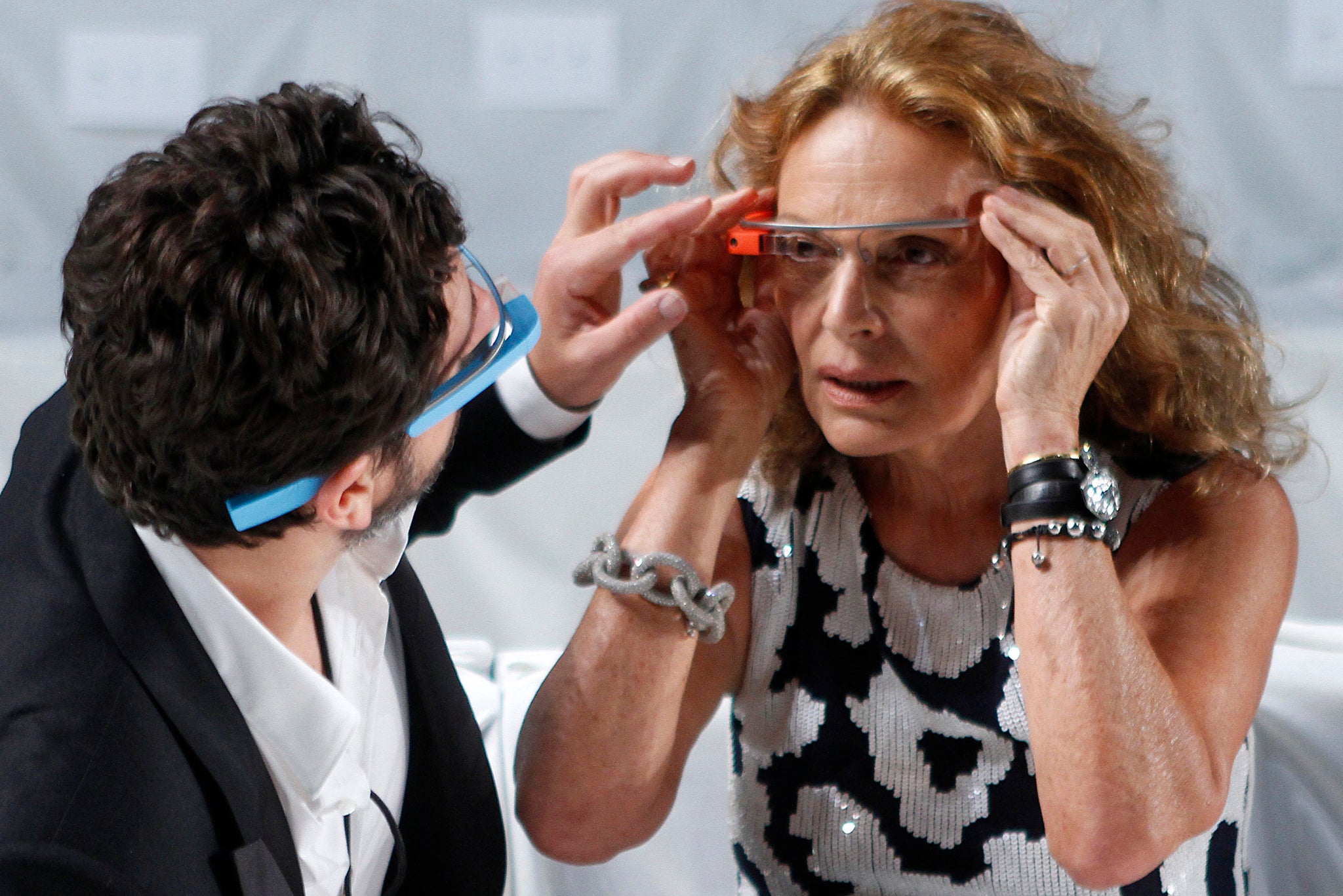International group of Privacy Commissioners challenge Google over Glass
Countries including Canada, Israel and Australia write a letter to Larry Page over privacy concerns for Google Glass

Your support helps us to tell the story
From reproductive rights to climate change to Big Tech, The Independent is on the ground when the story is developing. Whether it's investigating the financials of Elon Musk's pro-Trump PAC or producing our latest documentary, 'The A Word', which shines a light on the American women fighting for reproductive rights, we know how important it is to parse out the facts from the messaging.
At such a critical moment in US history, we need reporters on the ground. Your donation allows us to keep sending journalists to speak to both sides of the story.
The Independent is trusted by Americans across the entire political spectrum. And unlike many other quality news outlets, we choose not to lock Americans out of our reporting and analysis with paywalls. We believe quality journalism should be available to everyone, paid for by those who can afford it.
Your support makes all the difference.Ten privacy authorities from six countries have written to Google CEO Larry Page with questions addressing privacy concerns over Google Glass.
The letter addresses “concerns about the obvious, and perhaps less obvious, privacy implications of a device that can be worn by an individual and used to film and record audio of other people” with signatories including the Privacy Commissioners of Canada, Australia, Switzerland, Mexico, New Zealand and Israel.
A set of eight key questions are posed in the letter with the stated aim of encouraging Google to “engage in a real dialogue with data protection authorities about Glass.”
These include “What information [collected by Glass] is shared with third parties, including application developers?”, “How does Google intend to use this information?” and how will the company “address the specific issues around facial recognition in the future?”
This last question has been the most recently raised after Google banned facial recognition software on Glass earlier this month. Despite this move, commentators are still concerned. Just as phones can be jailbroken to free them from manufacturer’s restrictions, Glass could be fitted with facial recognition technology by determined and savvy individuals.
The letter stresses that Google’s position as “a leader in this area” and “the first to confront the ethical issues that such a product entails” creates a certain responsibility, but that the company has been somewhat lax in their responses:
“To date, however, most of the data protection authorities listed below have not been approached by your company to discuss any of these issues in detail.”
As Glass is not yet available for sale, Google’s strategy of a slow release for the product seems aimed at addressing the many privacy concerns raised by the letter. Beta versions of Glass (the Glass Explorer Edition) have been released to 2,000 individuals in order for the company to collect feedback and responses.
Although the questions posed by the letter have no easy answers – from Google or from any other company – the hope of the signatories that Google will engage in more open debate in the future is welcome.
Join our commenting forum
Join thought-provoking conversations, follow other Independent readers and see their replies
Comments